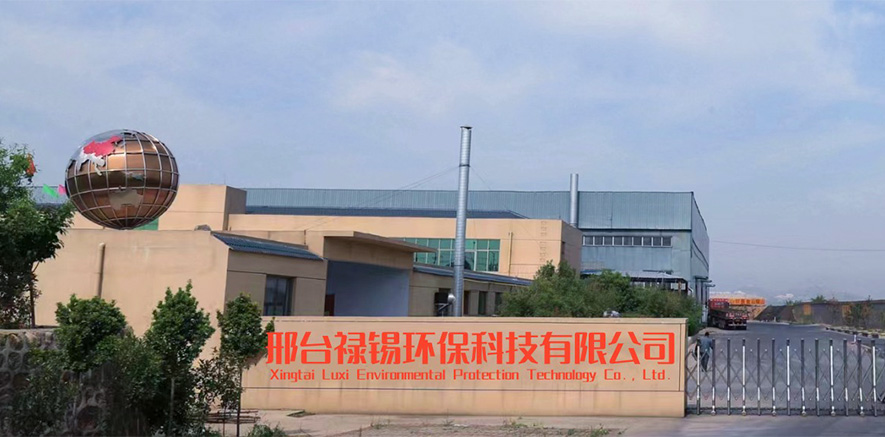നവം . 10, 2024 17:03 Back to list
Fastener Production Facility for Bolts and Nuts Manufacturing
The Bolt and Nut Factory A Cornerstone of Industry
In the heart of industrial production, the bolt and nut factory plays an essential role in the manufacturing supply chain. These small yet vital components are the unsung heroes of machinery, construction, and countless applications that sustain modern life. From the cars we drive to the buildings we inhabit, fasteners discreetly hold everything together, ensuring safety and functionality. This article delves into the workings of a typical bolt and nut factory, exploring the manufacturing processes, the importance of quality control, and the factory's role in supporting broader industries.
Manufacturing Processes
The manufacturing of bolts and nuts begins with selecting the right raw materials. Typically, steel is the preferred choice due to its strength and durability, although stainless steel and other alloys are also used depending on the intended application. The process starts with large coils of wire that are fed into specialized machines designed to cut and shape the metal into bolts and nuts.
The first step involves cold heading, where the wire is heated (or not) and shaped through a series of dies and molds under immense pressure. This allows for high production rates and precise dimensions. Next, the fasteners undergo a process known as thread rolling, where the threads are imprinted onto the surface without removing any material. This method enhances the strength of the threads and ensures longevity.
After the shaping is complete, each bolt and nut is subjected to various finishing processes. These may include heat treatment to improve hardness, surface coating for corrosion resistance, and cleaning to remove any manufacturing residues. Each process is designed to enhance the performance and reliability of the product.
Importance of Quality Control
Quality control is paramount in a bolt and nut factory. Given the critical roles these components play in various applications, any defect can lead to catastrophic failures. Factories implement rigorous testing procedures at multiple stages of production. This includes checking dimensional accuracy, tensile strength, and resistance to environmental factors.
Every batch of products undergoes inspection using advanced technologies such as computer-aided design (CAD) and digital measurements to ensure that they meet industry standards. Furthermore, factories often adhere to strict quality management systems, such as ISO 9001, which outlines methodologies for maintaining high-quality outputs and ensuring customer satisfaction.
bolt and nut factory

The Role in Supporting Industries
The significance of a bolt and nut factory extends beyond its four walls. These manufacturers support a wide array of industries, including automotive, aerospace, construction, and electronics. Each sector relies on fasteners for different applications; for instance, the automotive industry requires high-strength bolts that can withstand vibrations and stress, while the electronics sector may require smaller, more delicate components.
By supplying these essential parts, bolt and nut factories contribute significantly to the economy. They provide jobs and foster innovation through the development of new fastener technologies. For example, advancements in lightweight materials and coatings are enabling manufacturers to create bolts and nuts that offer better performance without adding unnecessary weight, a crucial factor in industries like aerospace.
Sustainability and Future Directions
In today's climate-conscious world, bolt and nut factories are also recognizing the importance of sustainability. Many manufacturers are looking to incorporate eco-friendly practices, such as recycling scrap metal, reducing energy consumption, and using non-toxic coatings. As the drive for greener manufacturing processes intensifies, factories are poised to evolve, adopting new technologies like automation and precision manufacturing to improve efficiency and reduce waste.
The future of the bolt and nut industry is also likely to be shaped by the rise of additive manufacturing, or 3D printing. This technology offers the potential to create custom fasteners in small batches, meeting specific requirements for specialized machinery or projects that require unique solutions.
Conclusion
In conclusion, the bolt and nut factory serves as a crucial component of modern industry, supplying the fasteners that hold our world together. Through meticulous manufacturing processes and stringent quality control standards, these factories ensure that essential components continue to perform reliably across various applications. As industries evolve and adapt to new challenges, bolt and nut manufacturers will undoubtedly play a pivotal role in supporting innovation and progress. Their contributions may be small in size, but their impact on the world is immense.
-
High-Quality Fe-C Alloy Leading Manufacturers & Spherical Alloy Materials Supplier
NewsJun.10,2025
-
Premium Low Nitrogen Recarburiser Supplier & Manufacturer – High Quality Exporters
NewsJun.10,2025
-
DT4 High-Quality Magnetic Materials Leading DT4 Manufacturer & Supplier
NewsJun.10,2025
-
High-Performance Spring Steel Suppliers Custom Solutions
NewsJun.10,2025
-
Premium SWRCH6A Manufacturer Steel Wire Supplier & Factory
NewsJun.10,2025
-
Premium Mild Steel Wire Rod Supplier & Manufacturer
NewsJun.10,2025
